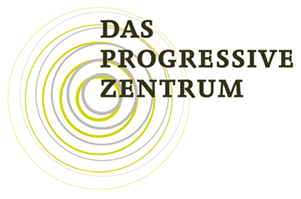
Publication
Unequal Europe - Tackling Regional Disparities
October 01, 2021 In the European Union, a social and spatial polarisation has emerged between economically developed centres and peripheral regions, each reinforcing the upward or downward movement of the other. These divergences have been fuelled by external factors such as structural change, globalisation, and severe economic crises.
In the European Union, a social and spatial polarisation has emerged between economically developed centres and peripheral regions, each reinforcing the upward or downward movement of the other. These divergences have been fuelled by external factors such as structural change, globalisation, and severe economic crises.
In this report, Dr Björn Hacker recommends a shift from the current paradigm of competition and growth to an integrated European economic and social policy aimed at building protection and resilience in the face of global challenges such as pandemics or climate change.
Read the Policy Study | Watch the event | More on Unequal Europe
The Friedrich-Ebert-Stiftung (FES) and the Foundation for European Progressive Studies (FEPS) investigated the extent of regional disparities in Sweden, Finland, Estonia, Italy and Romania. The project “Unequal Europe - Tackling Regional Disparities in Europe” tries to answer questions such as:
- What are the answers to these challenges?
- How should policies in EU-member states and in the EU tackle regional socio-economic disparities?
The recommendations outlined in the country reports form a basis for reform of the EU’s regional and cohesion policies. Policymakers need to take a broader approach when it comes to economic and social well-being.
The EU should address social and economic inequalities in all their dimensions. Fostering local development and well-being in all areas of a country is not only a goal for economic policy. Rather, it is a matter of strengthening democracy and ensuring opportunities and participation for all.
Related resources
- Read all the publications of the Unequal Europe Project
- Unequal Europe Page on the Friedrich-Ebert-Stiftung website
ℹ️ This report is part of a Policy Study series produced by FEPS and the Friedrich-Ebert-Stiftung. The indicators have been selected in collaboration with researchers from the Institut für Landes- und Stadtentwicklungsforschung. Check all the Unequal Europe publications here.
related publications
-
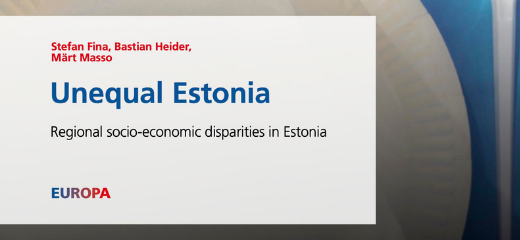
Unequal Estonia - Tackling Regional Disparities in Estonia
read more -
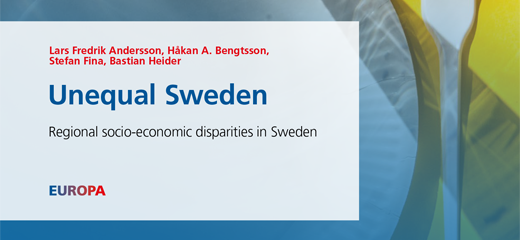
Unequal Sweden: Regional socio-economic disparities in Sweden
read more -

Unequal Italy: Regional socio-economic disparities in Italy
read more -
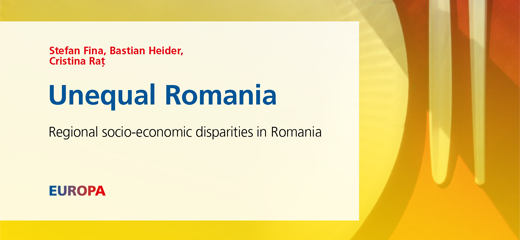
Unequal Romania: Regional socio-economic disparities in Romania
read more -
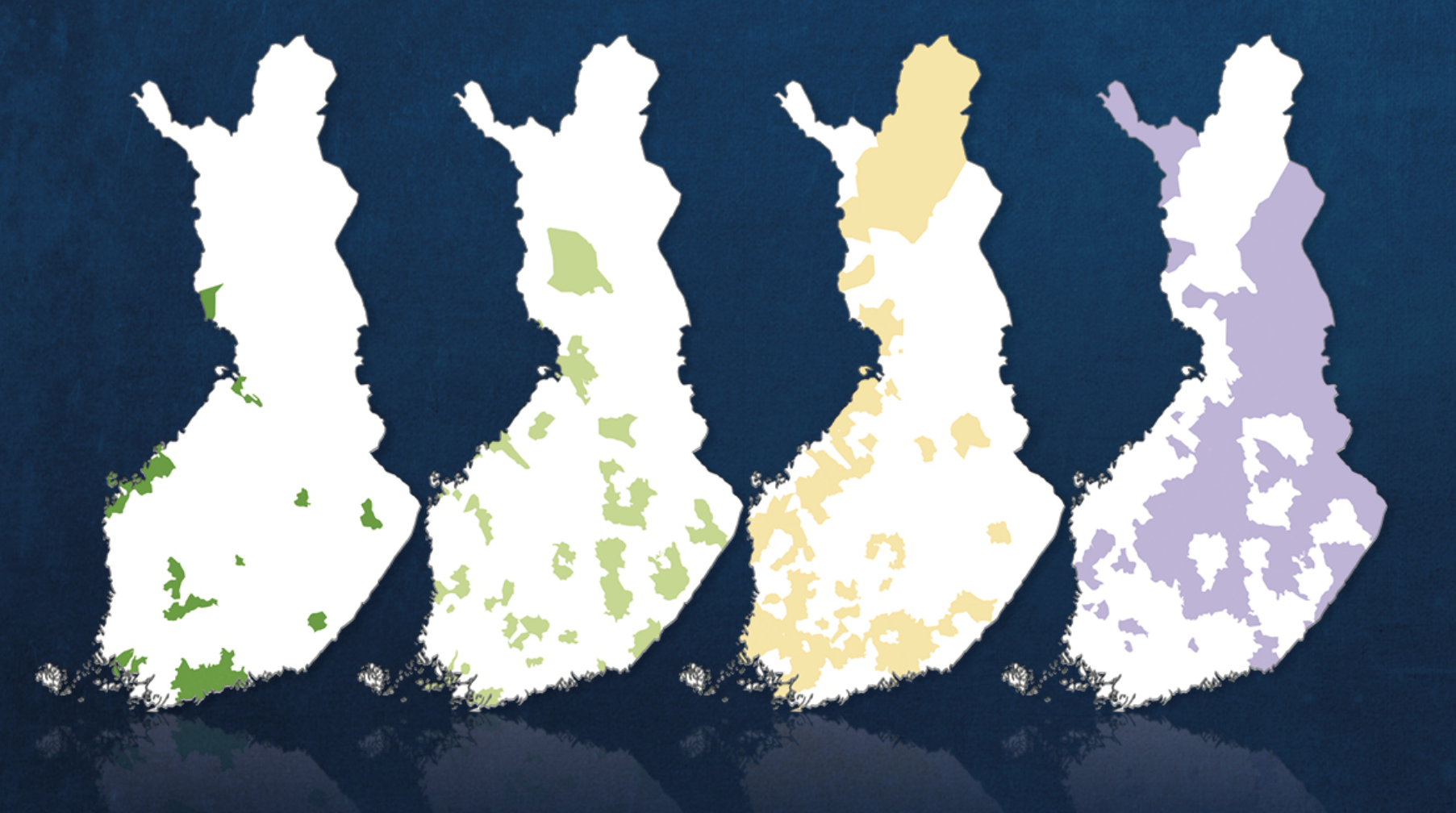
Unequal Finland : Regional socio-economic disparities in Finland
read more -

Attitudes towards a European Health Union – The Case of Hungary
read more































